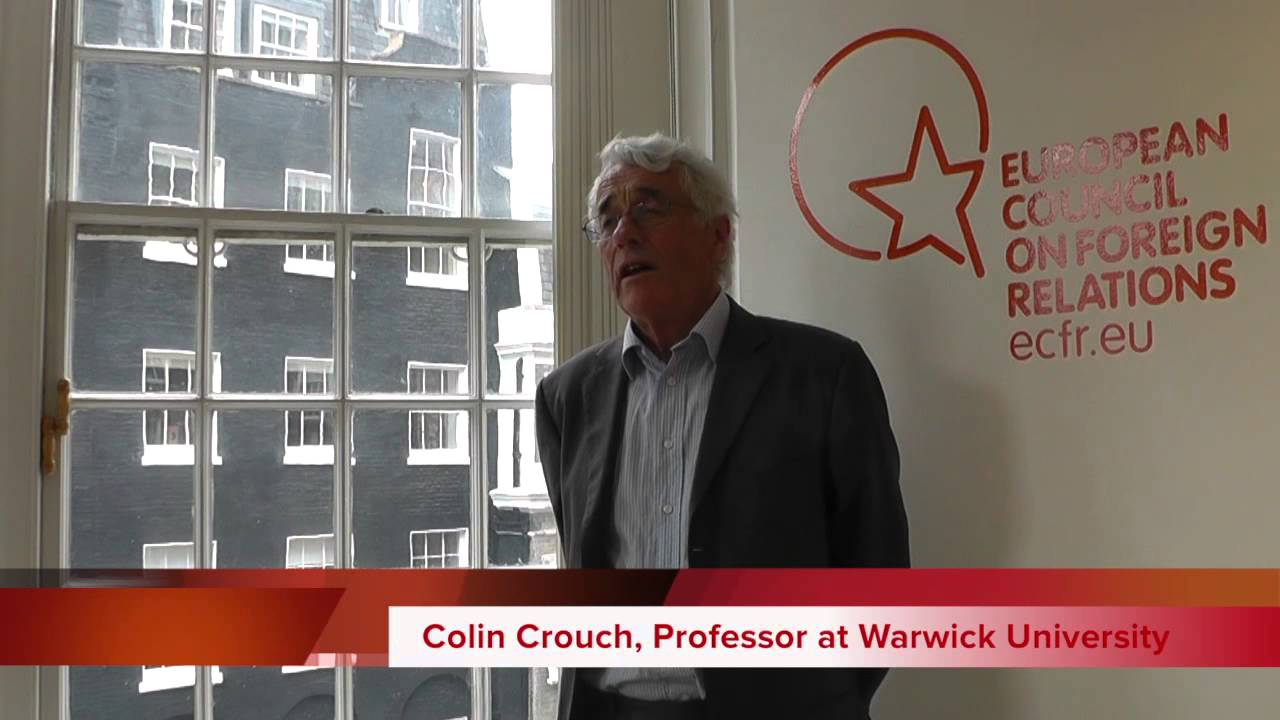The implications of TTIP
Colin Crouch, Professor at Warwick University, Josef Janning and Hans Kundnani take a look at what factors the European Commission should consider in order to make the TTIP work for everyone
Supporters of TTIP argue that it will stimulate growth and employment in Europe, reinforce the significance of the European market for the US economy and bind the United States to norms and standards negotiated with the EU, thus balancing the strategic scope of Washington’s ‘pivot’ to Asia. However, critics argue that it threatens democracy and services, and opposition is increasing in EU member states such as Germany, France and the UK.
At a recent lunchtime discussion at our London offices, Colin Crouch, Professor at Warwick University, Josef Janning, ECFR Senior Policy Fellow, and Hans Kundnani, ECFR Research Director, gave us their opinion on what factors the European Commission should consider in order to make the TTIP work for everyone without fostering anti-EU and anti-trade sentiments.
During this event, Josef Janning also presented the policy brief he recently co-authored for ECFR, A Fresh Start for TTIP.
To listen to the full audio recording of the event, click here.

